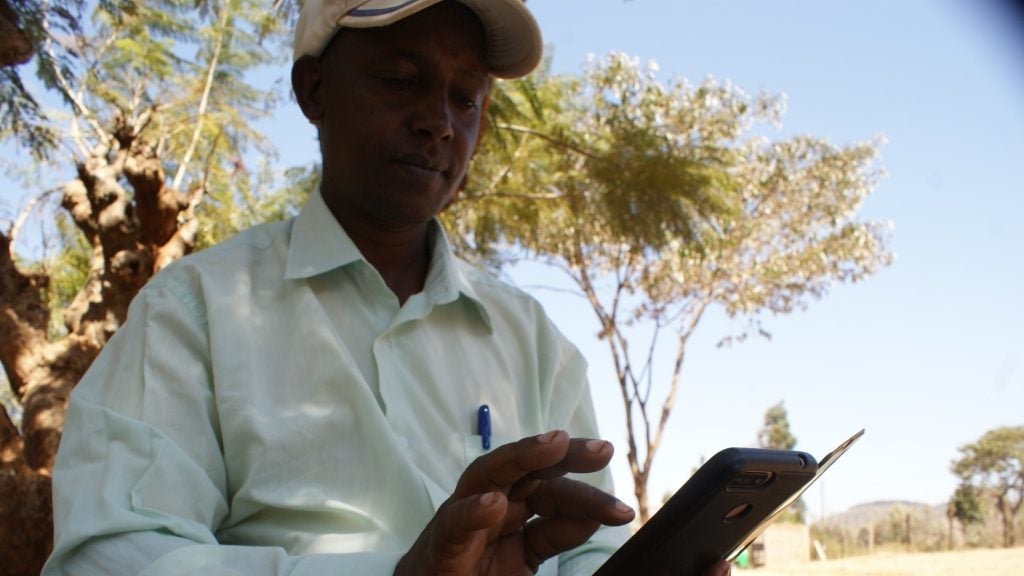The Trump administration is investing in African e-commerce startups focused on rural areas
African e-commerce is getting a boost from an unlikely source.


African e-commerce is getting a boost from an unlikely source.
The United States’ International Development Finance Corporation (DFC) has backed two fledgling e-commerce startups operating in East Africa as part of its latest quarterly $3.6 billion investment spend. The DFC confirmed a $5 million equity investment in Copia Global, a Kenya-based e-commerce and logistics startup that focuses on under-served consumers in rural areas. The quarterly spend—the corporation’s largest ever, also included a $1 million equity investment in Kasha, a women-focused e-commerce player operating in Kenya and Uganda.
While notable e-commerce companies like Jumia and South Africa’s TakeALot, have raised hundreds of millions of dollars on the promise of dominating urban centers and middle-class customers in Africa’s largest cities, DFC appears to be targeting startups with a more linear focus.
Copia serves customers in rural Kenya through a 5,000-strong agent network comprising mainly of local, small shopkeepers who earn commissions by serving as “points of aggregation of orders and delivery distribution.” Essentially, rather than make purchases online via a website or consumer-facing mobile app, Copia customers walk into stores of partnered agents who place orders on their behalf, take payments and serve as delivery points. The startup raised $26 million in a Series B round last year.
For its part, Kasha focuses exclusively on female health and personal care products through a mobile platform that’s accessible offline and also caters to low and middle-income women in Kenya and Uganda.
The timing of DFC’s investments is consistent with the uptick in the adoption of digital services, including e-commerce, as a result of the Covid-19 pandemic and the lockdown measures instituted to restrict the virus’ spread. Inadvertently, those restrictions have been a boost for e-commerce on the continent with more Africans shopping online out of necessity and safety.
The Trump administration set up the DFC in 2018 to replace the four-decade old OPIC. One of the biggest changes with DFC was that it would be allowed to make equity investments for the first time as it has done with Copia and Kasha. Many observers believe DFC’s main purpose with a $60 billion budget was to counter China’s influence on the continent, even though their respective approaches to development finance are quite different.
By enabling equity investments and not just aid or grants, the US approach coming more in line with countries including the UK, whose CDC has been one of the world’s leading development finance investors, particularly in Africa, over many decades.
The investments—and sustained spending by the DFC in African countries—comes despite lingering uncertainty over the Trump administration’s Africa policy especially as Trump questioned the utility of the US’ aid, trade, and military efforts on the continent before taking office. And since taking office, the continent has borne the brunt of Trump anti-immigration policies with visa restrictions and bans placed on some of the continent’s largest economies including Nigeria, Ghana, and Ethiopia.
Sign up to the Quartz Africa Weekly Brief here for news and analysis on African business, tech, and innovation in your inbox